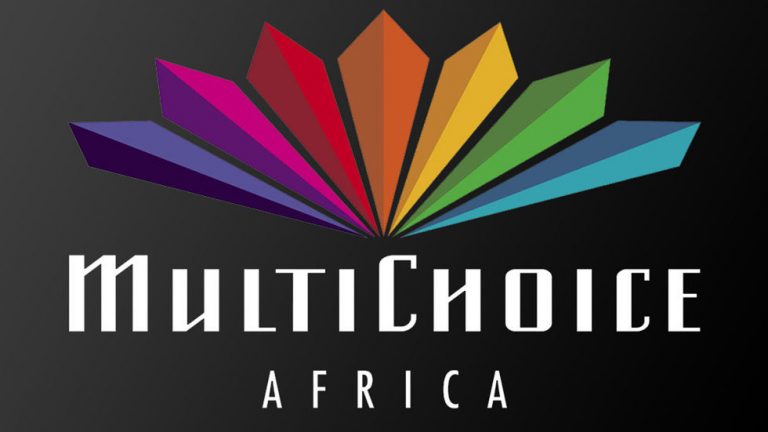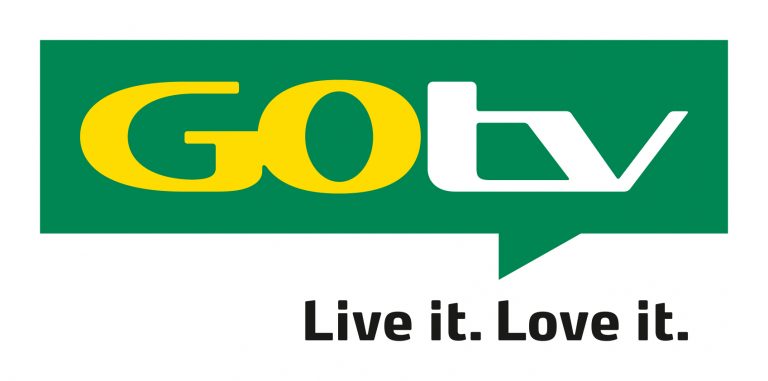Bank account is valuable, not only for the balance you have
at a given time but also for data indicating where and when you spend your
money in the bank.
It is, therefore, not
surprising that some of the world’s largest technology companies have attempted
to collect their financial information.
Apple introduced a credit
card in the United States earlier this year, while Facebook was considering
creating its currency so users could spend without having to call another
company.
Now, Google joins the
party. The search engine giant already knows where you work, what you read
online, and the places you visited, but he also wants to see you in your wallet.
Google is discussing with
US banks the possibility of offering its customers current accounts to
accelerate Silicon Valley’s demand for financial services following the launch
of Apple’s credit card and Libra’s proposed digital currency. Facebook
Google’s move could further
alarm lawmakers already worried about the concentration of sensitive personal
information in some large technology companies. With Facebook’s famous
opposition to the pound, Google has announced that it will work with existing
financial services providers, including its first partners, Citigroup and the
Stanford Federal Credit Union.
“We look for ways to partner with banks and credit unions
in the US to provide smart checking accounts through Google Pay so that their
customers can benefit from useful information and tools.” Budget, a Google spokesperson said in a
statement.
As the main competitor of
Apple Pay, Google Pay allows the use of smartphones for online and in-store
purchases. Google’s spokesman added that the new banking services will adhere
to “strict standards for privacy and user control” and that the
company will provide more details in the coming months.
“We are excited to offer checking accounts across the
country via Google Pay,” Citigroup said in a statement.
“Confidentiality and transparency have the highest priority.
A Citigroup spokesman said
he would control the banking relationship and that the accounts would follow
the same rules as a traditional account. The spokesman said the functionality
of Google Pay-based chequing accounts had not yet been established, but the
partnership with WeChat’s Asian postal service could serve as a model. Citibank
customers make payments and other daily banking transactions. The WeChat
platform.
While mobile and online
payments such as WeChat Pay and Alipay are already frequent in China, Silicon
Valley companies have been slower in the highly regulated world of financial
services. Earlier this year, Apple and Goldman Sachs jointly launched a credit
card that will allow Apple to buy device purchases and an iPhone application to
track expenses.
Cache, Google’s new banking
business, is Google’s latest attempt to break into the private finance
industry. In 2011, Google Wallet was introduced. It was a way for users to send
money. However, before the launch of Google Pay, which has tens of millions of
users around the world and is particularly prevalent in India, the market has
not yet emerged.
The company announced plans
to partner with banks and credit unions in the United States to offer “smart” accounts.
He added that the service,
which will be launched via Google Pay, will allow users to add Google’s
analytical tools to traditional banking products.
The lawsuit follows offers
of credit cards, payment systems, and loans from Facebook, Uber, Apple, and
Amazon.
Although the products and
the arrangements are different, the technology giants who enter the banking
sector share an underlying reason: to become indispensable, declares Gérard du
Toit, partner of the consulting firm Bain & Co.
“Everyone is competing
to get consumers’ attention, their ecosystem, and platform to win,” he
said.
Amazon’s credit cards and
business loans aim to expand its e-commerce business, while Uber Money provides
credit cards, debit accounts, and money tracking tools to support taxi
activities of the society.
Facebook said its Facebook
Pay service would complement its messaging tools.
And Google and Apple, who have joined Marcus, the new mainstream arm of Goldman Sachs, with a credit card integrated with Apple Pay and Wallet, want to make iPhones and androids essential.
The financial services
entry will also provide information from Google and Facebook for their advertising
activities, allowing them to track ads that lead to purchases, said Du Toit.
Changes in the banking
sector may intensify debates on tech giants already facing competition, data
protection, and privacy issues.
Some officials also
expressed concern about the weaknesses in financial supervision as the growing
activity takes place outside traditional banks. And in recent days, New York
announced that it would investigate Apple after its credit card was based on
“sexist” algorithms.
Du Toit said regulatory concerns
represented the “fly in the soup” of tech companies.
“They will have to be very careful,” he added.
GOOGLE PARTNERSHIPS
In many cases, technology
companies are working with traditional banks, a sign that they are aware of
potential problems.
Google announced that its
US partners, which would include Citigroup, would start offering accounts by
2020.
“We are convinced that
the regulatory and financial know-how of our partners perfectly complements our
experience in creating tools and technologies useful for our users,” the
group said in a statement.
Amazon has been offering
small business loans since 2011 and launched its credit card with JP Morgan
Chase in 2017.
But in some ways, the flood
of ads made by companies this year is a sign that the United States is late for
the party.
In China and other
countries, technology companies have been quick to get into the bank, motivated
by the need to fill in the gaps left by the traditional financial sector that
created barriers to their operations, whether e-commerce companies or food
delivery companies.
In the United States,
however, the need was less pressing, partly due to the ubiquity of credit cards
and other “pretty good
solutions,” said du Toit.
High-tech payment services
provided by companies like Alibaba’s Ant Financial and Tencent’s WeChat account
for about 16 percent of China’s GDP, compared with less than 1 percent in the
US, according to the Bank for International Settlements, an organization
supported by 60% central banks.












